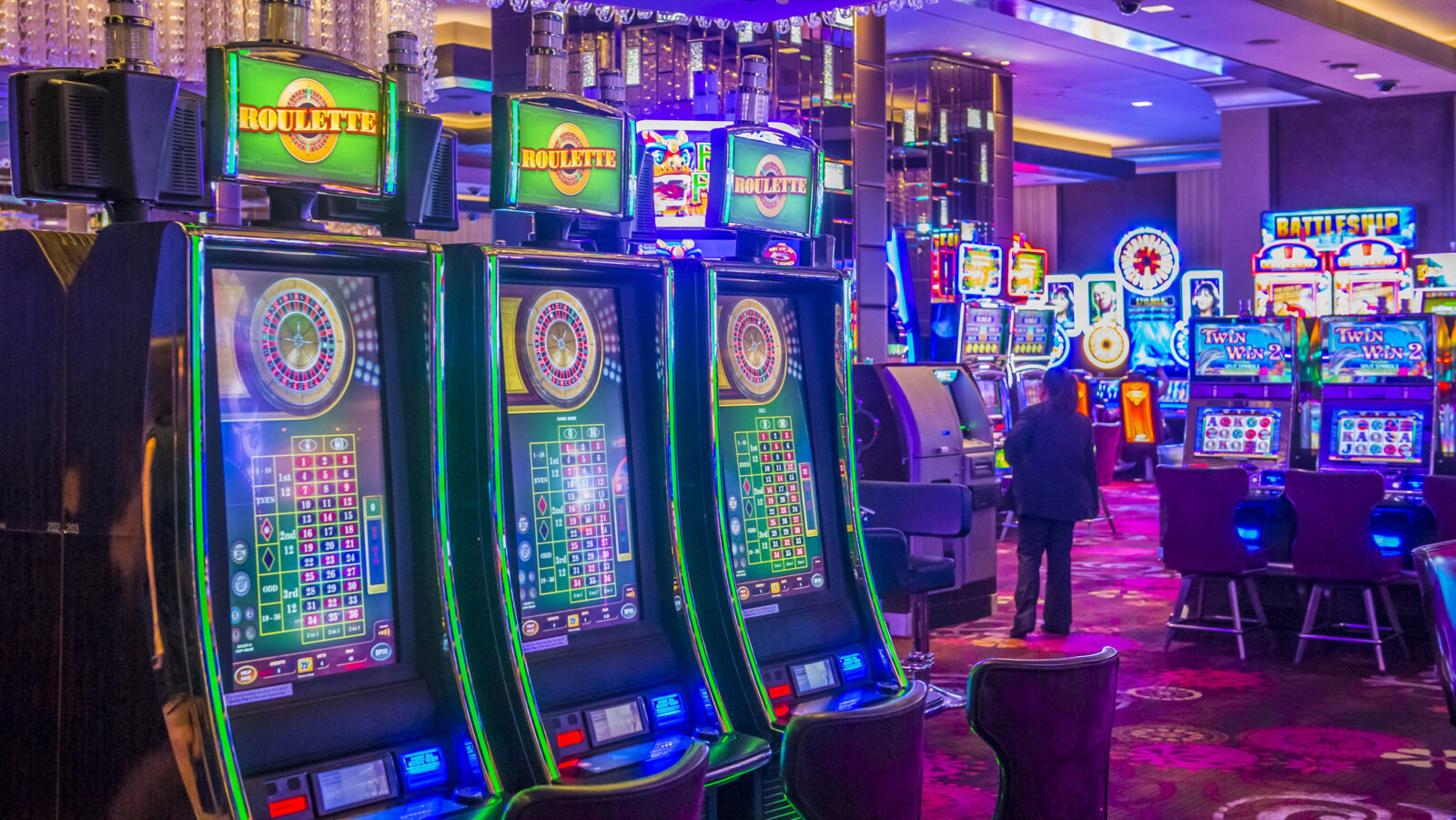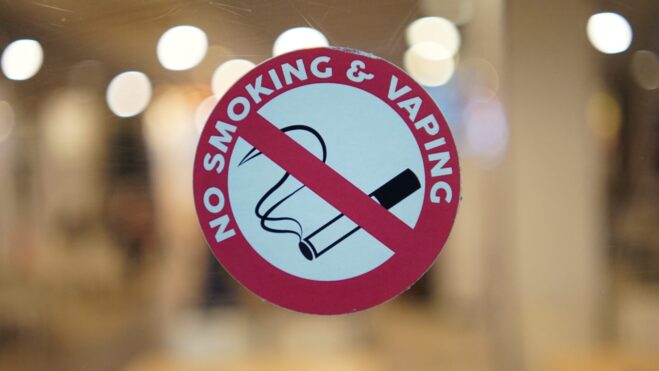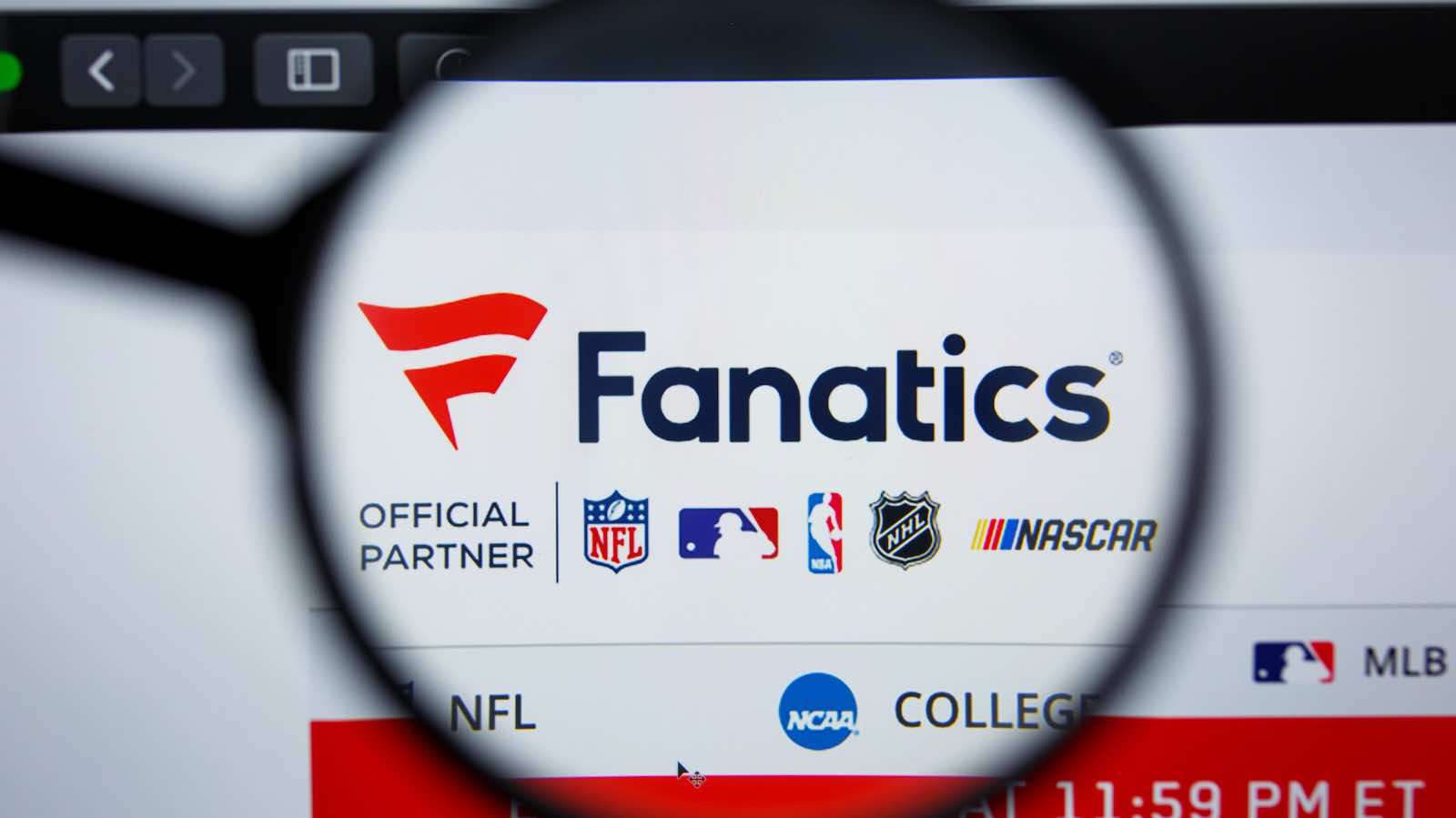Class Action Cottage Industry Brings Legal Heat To Social Casinos
Deciphering the meaning of a wave of class action lawsuits
4 min

The growing awareness in the U.S. gaming industry of the burgeoning so-called gray market social casino games using a sweepstakes model has brought with it a measure of backlash and a number of lawsuits.
One such type of filing is the class action lawsuit, in which parties seek to recover funds, on behalf a group, based on a complaint against the same defendant. In this context, the lawsuits have centered on alleged illegal gambling, akin to what unfolded in Washington state in 2020 in a case involving Churchill Downs and its Big Fish Games.
Presently, plaintiffs in cases pending in both Mississippi and Tennessee are asking the courts in those states to enforce 19th-century state laws that, if still valid and applicable to the present facts, would entitle them to sue for losses that were incurred while gambling on sites run by VGW Holdings Limited, which operates Chumba Casino, LuckyLand Slots, and Global Poker.
The premise in both civil lawsuits is that the social casinos are operating contrary to well-established gambling laws in each state, meaning that state courts — not federal — are the appropriate place for legal review.
VGW attorneys counter that the much more recent Class Action Fairness Act of 2005 means that all of the class action lawsuits must be reviewed at the federal level because the complaints are so similar.
Meanwhile, the trend involving class action lawsuits and lawyers is getting noticed.
“What’s interesting here is that these are civil cases being brought by class action lawyers, not state attorneys general or other government lawyers,” Evan Davis of Royer Cooper Cohen Braunfeld LLC, head of the firm’s gaming and sports law practice, told Casino Reports. “These cases are being brought under state laws, some of which are specific in regard to disgorging revenues generated through ‘illegal gambling,’ and others that far more generally target consumer fraud.
“If you look at the world of class action law, the plaintiffs’ attorneys are most concerned about recovering dollars and attorneys’ fees,” Davis added. “So, it may very well be in both the plaintiffs’ attorneys and the defendants’ interests to reach a quick settlement that would include a cash payment and perhaps a modification of certain disclosures or game play, but not necessarily an agreement to stop operating.”
Reached for comment about the status of the cases in the U.S., a VGW representative told Casino Reports that the company does not comment about legal actions pending before the courts.
A growing map of lawsuits
A federal judge recently sided with the plaintiffs in the Tennessee case, remanding the case to state court. Attorneys for VGW replied in their appeal that “The [1858] statute, enacted before mass or class claims were even permitted in American law, permits a third party to recover the loss of an individual identified gambler, so that the money can be returned to that gambler’s spouse or other family.
“Yet Plaintiff seeks to recover the supposed losses of most everyone in Tennessee — thousands of unidentified people and millions in ‘losses’ — in a single ‘representative’ suit.”
So far the Mississippi case is in federal court, pending further review.
A similar case filed in Florida — another of nearly a dozen such suits — also names payment processor WorldPay as a defendant. The plaintiff in the latter case seeks treble damages, or three times the amount of money lost by game players. This one has garnered increased interest because a payment processor, an important but perhaps unheralded part of the operation, was hailed into court alongside the client operator.
Elsewhere, regulators in Michigan — considered one of the pioneering states in expansion of legal, regulated gambling, or at least one of the most aggressive in enforcement activity — late last year sent cease-and-desist letters to both Australia-based VGW and to Sweepstakes Limited (also known as Stake.us). Both companies stopped accepting accounts from Michigan residents.
And just two weeks ago, the Connecticut Department of Consumer Protection targeted VGW in a formal order that the company stop offering its products in the state.
Motivations and precedent
Litigation, of course, is an expensive, often protracted, and rarely pleasant activity.
“The defendants are likely interested in making these go away rather quickly, without any judicial opinion that lends any support to the idea that what they are doing may violate any laws and would see any settlement as the cost of doing business,” Davis said. “The question becomes whether there are other states where they face similar exposure, and what the total cost would be.”
VGW’s LuckyLand subsidiary settled with Kentucky regulators for $11 million in 2022 while agreeing to exit that state. Similar lawsuits in Georgia and Massachusetts, among other states, are ongoing.
Just two months ago, the American Gaming Association called on state attorneys general and gambling regulators to investigate companies such as VGW, and to consider passing new laws proscribing such companies from doing business in the state.
Following that, in early September, a trade organization called the Social and Promotional Gaming Association launched, designed to communicate with regulators and lawmakers as to why social casinos using sweepstakes promotions should be allowed to flourish.
One of the SPGA’s positions is that sweepstakes promotions are regularly employed by a wide array of businesses in and outside of gaming, including numerous blue-chip consumer brands. The group further notes that critics have a tendency to conflate “unlicensed” or “unregulated” with “illegal,” discounting innovation driven by products outside the traditional regulatory structure
Meanwhile, a recent posting by the U.K.-based global advisors Regulus Partners, probing the actual size of the social casino market, highlighted some accounting limitations and how the true numbers may not be as robust as it appears.
Regulus concluded, in part, “the accounting treatment of sweepstakes casinos over-states comparable gaming revenue by a factor of about four,” suggesting the net revenue of VGW in FY24 was therefore about $1 billion, not $4 billion.
Elsewhere, opponents of purely social casino games scored a big victory in mid-2023 when a federal court in the state of Washington approved a $415 million class-action settlement against International Game Technology (IGT) and Double Down Interactive LLC.
Only seven states thus far have legalized regulated online casino gaming, including Michigan. Yet those seven states alone have generated nearly 39% of all operator gross gaming revenue, when combining legal sports betting with legal iGaming, as well as 45% of all tax revenue.





